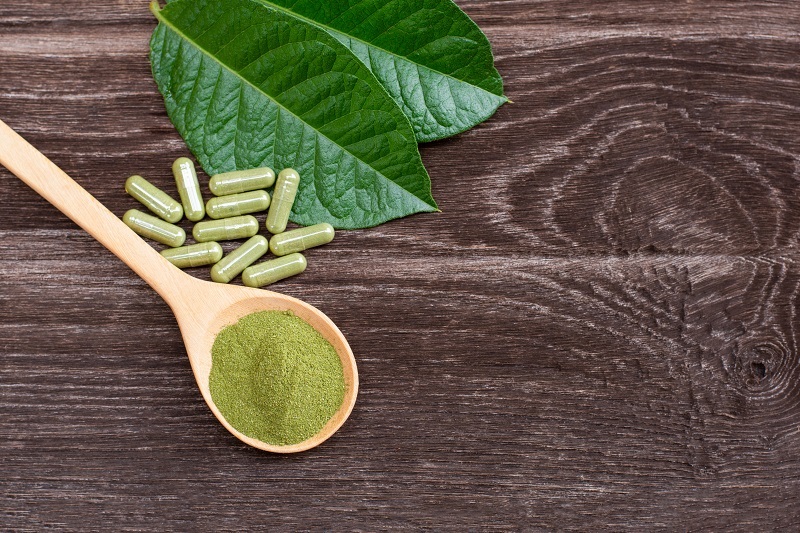When most people think about drug use and addiction, they picture meth, opioids, or alcohol. These substances dominate the conversation but they’re not the only ones harming our communities. A drug you might not hear about as often, but one we see more and more of every day, is kratom.
Even if you’ve never heard of it, you’ve probably seen it. Kratom is sold openly in gas stations, markets, and smoke shops, often marketed in ways that attract teens and young adults. It comes from a plant native to Southeast Asia and is sold in pill, powder, or drink form. While kratom isn’t technically an opioid, it acts on the same receptors in the brain and can create the same kinds of problems: sedation, nausea, constipation, painful withdrawal symptoms, and even respiratory depression that can be deadly.
And that’s what makes us ask: if we go to such lengths to control opioids because we know how devastating they are, why is kratom so easy to buy even when we can clearly see the harm it’s causing?
At Stairway Resource Center, we see the impact every day. More and more people are coming to us seeking help for kratom addiction. Entering treatment is never something people do casually, it’s a choice they make when their lives are falling apart. Seeing more and more lives affected by kratom is deeply concerning, and we don’t expect this wave to slow down anytime soon. That’s why we’re committed to stepping up, speaking out, and doing everything we can to protect those already struggling and those who could be next.
So what can you do to help?
Raise Awareness. Knowledge matters. That “natural” supplement drink in the store might seem harmless, but it could be the start of something serious. Learn about where kratom is sold and how it affects people so you can make informed choices.
Talk About It. Open conversations save lives. Whether you’re a parent, a friend, or part of a recovery community, bring this topic up. Someone you care about may be closer to danger than you realize.
Advocate for Change. If this concerns you, speak up. Call or write your state and federal representatives about regulating kratom sales. One voice may feel small, but together, our voices carry weight and real change starts with people who care enough to act.
We all share the responsibility of building safer, healthier communities. Writing this is our way of doing our part — what will yours be?

